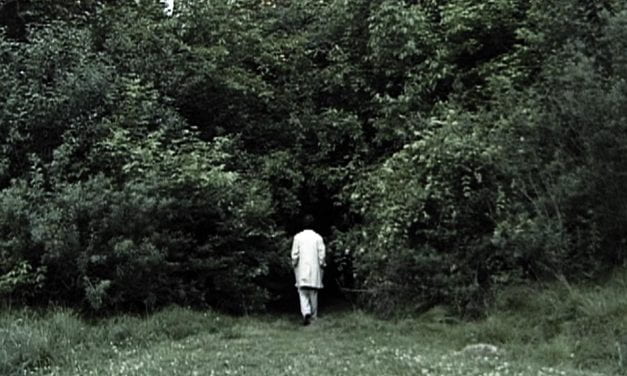An Interview with Lita Stantic
English + Español
Producer Lita Stantic (b. 1942) played a crucial role in the nuevo cine argentino that surged to international prominence in the late 1990s and early 2000s by discovering and supporting young, emergent filmmakers- Lucrecia Martel, Pablo Trapero, Israel Adrián Caetano, Pablo Reyero, among them…





